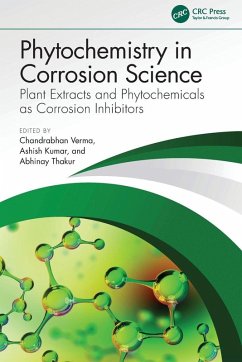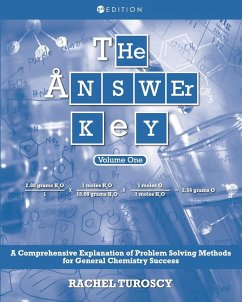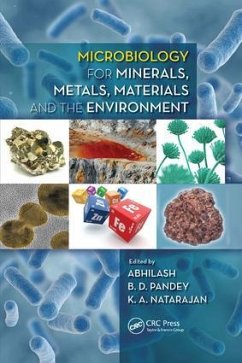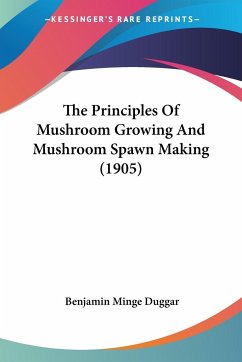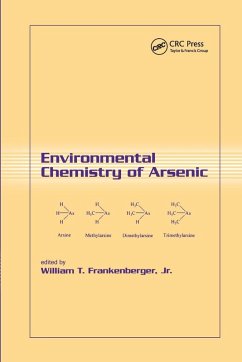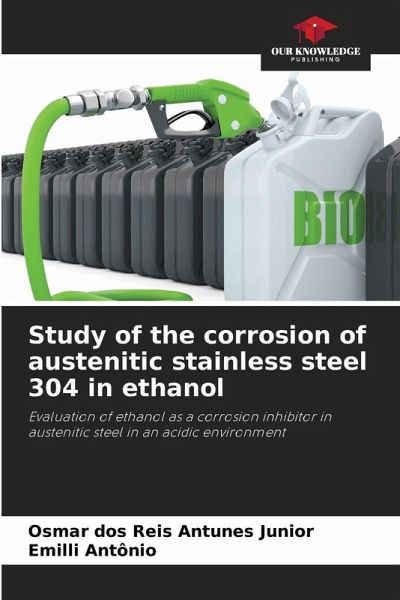
Study of the corrosion of austenitic stainless steel 304 in ethanol
Evaluation of ethanol as a corrosion inhibitor in austenitic steel in an acidic environment
Versandkostenfrei!
Versandfertig in 6-10 Tagen
27,99 €
inkl. MwSt.

PAYBACK Punkte
14 °P sammeln!
The main co-product obtained in biodiesel synthesis is glycerol. By using microorganisms to break down glycerol, a second-generation biofuel, ethanol, can be obtained. This alcohol can be used as a corrosion inhibitor for ferrous alloys. The ethanol used in this study was produced by the microbiological fermentation of glycerol by Eschericchia coli in a culture medium of dextrose, peptone, tryptose, and lactose. The electrochemical techniques used for corrosion studies were: open circuit potential (OCP) tests, electrochemical impedance spectroscopy (EIS), anodic (APD) and cathodic (CPD) potent...
The main co-product obtained in biodiesel synthesis is glycerol. By using microorganisms to break down glycerol, a second-generation biofuel, ethanol, can be obtained. This alcohol can be used as a corrosion inhibitor for ferrous alloys. The ethanol used in this study was produced by the microbiological fermentation of glycerol by Eschericchia coli in a culture medium of dextrose, peptone, tryptose, and lactose. The electrochemical techniques used for corrosion studies were: open circuit potential (OCP) tests, electrochemical impedance spectroscopy (EIS), anodic (APD) and cathodic (CPD) potentiodynamic polarization, electrical conductivity, and optical microscopy (OM).



